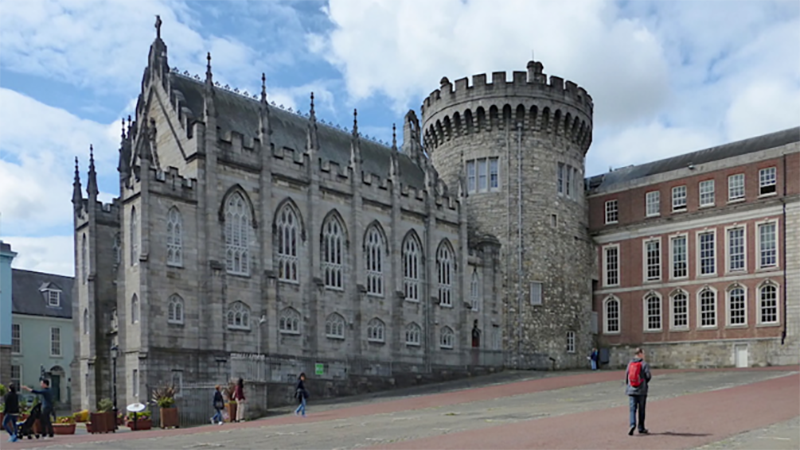Susannah Bain
Traditionally, the landed families that dominated the political landscape of fourteenth-century Sicily have been cast in the mould of the feuding, disruptive baron. At a weak point in the fortunes of the Sicilian monarchy, families such as the Palizzi and Rossi established their own bases of power distinct from the authority of the monarchy and fought with one another, worsening the predicaments of the already war-torn and plague-ridden island. To many nineteenth- and early twentieth-century scholars, the disruption caused by the barons was one aspect of a much longer chain of unfortunate events which disrupted Sicily’s vitality, and paved the way for the economic and political difficulties that continue to define the island in the present day. More recent studies of this period have taken a more nuanced approach to these barons, considering their influence within pan-Mediterranean political networks and how they established and exercised their political authority [i]. A key aspect of the political operation of these middling elites was their engagement with Sicily’s urban centres. Not only did cities provide revenue, but the nobles used them as a stage for displaying their political power, embedding themselves in existing political structures, and to present themselves (with mixed success) as upstanding and worthy leaders.




